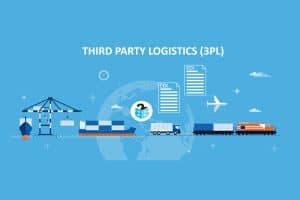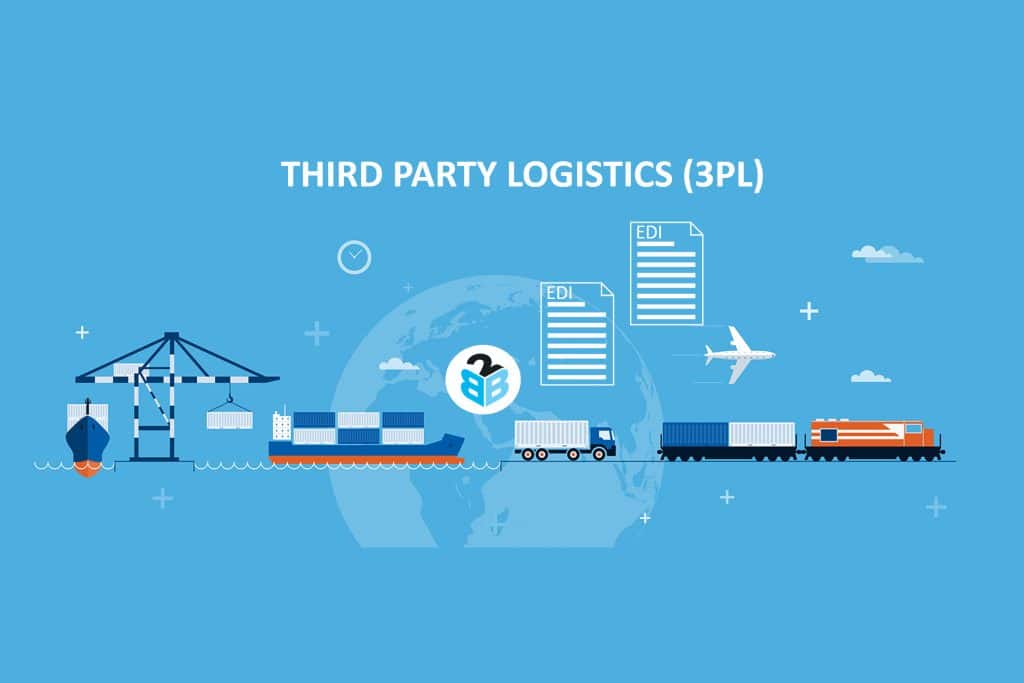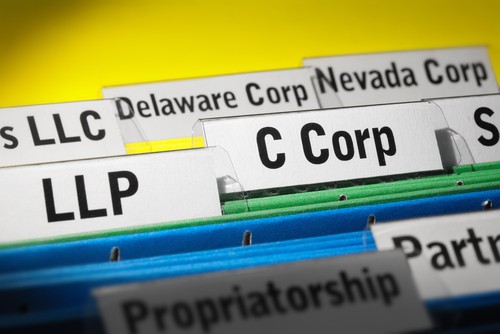Are you looking for a 3rd party logistics (3PLs) company to store products for your e-commerce business? These companies are a great location for storing your products, and it’s a good alternative to using your garage, warehouse, or Amazon FBA services.
The 3rd party logistics industry is projected to grow at a rate of 8.8% during the next decade, which reflects the increasing popularity of e-commerce. Therefore, you can expect even more choices and features of 3PLs in the future.
Advantages of 3rd Party Logistics Services
Let’s turn our attention to the advantages of 3PLs before we dive deeper into the process of looking for them. This will help you understand their value and decide if it’s the right choice for your business.
- Save money: 3rd party logistics companies can help you save money since they have extensive networks with advanced supply chain functionality. For example, they can enjoy lower delivery rates because of exclusive deals with delivery companies. The amount of money you save varies based on the service you choose and the features you require for your e-commerce business. Also, you can keep fewer units in Amazon FBA warehouses, where the costs are higher.
- Scalability: 3PLs allow you to scale your business faster and without the complications of running your own warehouse. For example, solopreneurs can work on finding new products and marketing instead of physically sending off goods.
- Customer satisfaction: your customer’s satisfaction levels will increase after improving the quality of your delivery reliability. That’s because 3PLs have excellent experience with ensuring that deliveries arrive on time at the intended destination.
- Software: many 3PLs offer software where you can log in and manage your inventory. This promotes ease of use and automation. However, the quality of the software varies based on the specific service you choose. Most companies offer a demo or preview of the software on their website.
- Lower refund rates: 3PLs may also check each package for damage and ensure it has the correct labeling. This reduces the number of refunds due to a faulty package being delivered.
What to Look for in Top-Tier 3rd Party Logistics Companies
Now let’s take a look at the top factors you should consider when examining the best 3rd party logistics companies. This ensures you can avoid the ones with a bad reputation and get the best match for your business.
Price
It’s important to choose a 3rd party logistics company that matches your budget. You’ll need to calculate a per-unit price, and enter that into your profit calculator. This ensures you can find a service that matches your budget and the amount of money you can afford to spare for professional warehousing services.
Location
Consider where the logistics company warehouses are located since that can impact the delivery times. Ideally, the warehouse is located near delivery hubs and road networks to reduce the length of delivery times. This ensures you can offer customers a better service, since they will reliably get their products on time.
Software
We recommend that you check out the quality of the software you can access to manage orders. Also, if integration with your e-commerce platform exists, then it would be ideal for automation. You can typically ask the service to give you a tour of the software before you sign up for an account.
Minimum Order Requirements
Many 3rd party logistics companies have minimum order requirements, which is not ideal if you’re just starting out with a limited budget. Hence, you need to find a service that accepts small orders if you don’t want to commit to a bigger one.

Multiple Services
You may want to hire more than one 3PL service to try out multiple options in pursuit of finding the best one. Once you have some experience with different options, you’ll get better at spotting the best companies to do business with. However, once you’ve chosen a good company, you should stick with one to reduce the complexity of your business.
Reputation
You should investigate the reputation of a 3rd party logistics company to see what other clients are saying. This allows you to get a sneak preview of what to expect. You can start by visiting review portals like TrustPilot and social media portals. This allows you to do important background research on a 3PL to vet them before choosing.
Pay attention to the pros and cons by looking at comments that appear repeatedly. This is an indication that you can expect the same when using the service for yourself.
Visit the Warehouse
Do you live close to the 3PL where you may want to store your products? Then you can ask if you can visit the location and receive a tour of the warehouse. This allows you to get a better feel of the company, so you can decide if it’s set up like a professional outfit.
Storage Space
You’ll need to figure out if the company has enough storage space for your products. This is especially true if your business deals with large products and you have scaled your company or plan to scale in the future. Note that some of the biggest 3PLs may not have enough space for your products if they already have a large list of clients.
Final Thoughts
To conclude, choosing a 3rd party logistics companies to store products is an extensive process and you need to make the right selection for your business. Take the factors shared in this article into account to increase the odds of finding the best one for your e-commerce business.
Also, you may need to use a 3PL first-hand before you can evaluate them properly. This means you may end up using multiple services before you find one you can count on for the long term. Ideally, do the hard work of finding a 3Pl you can trust when your business is small, so once it scales you can rely on professional warehousing services.








